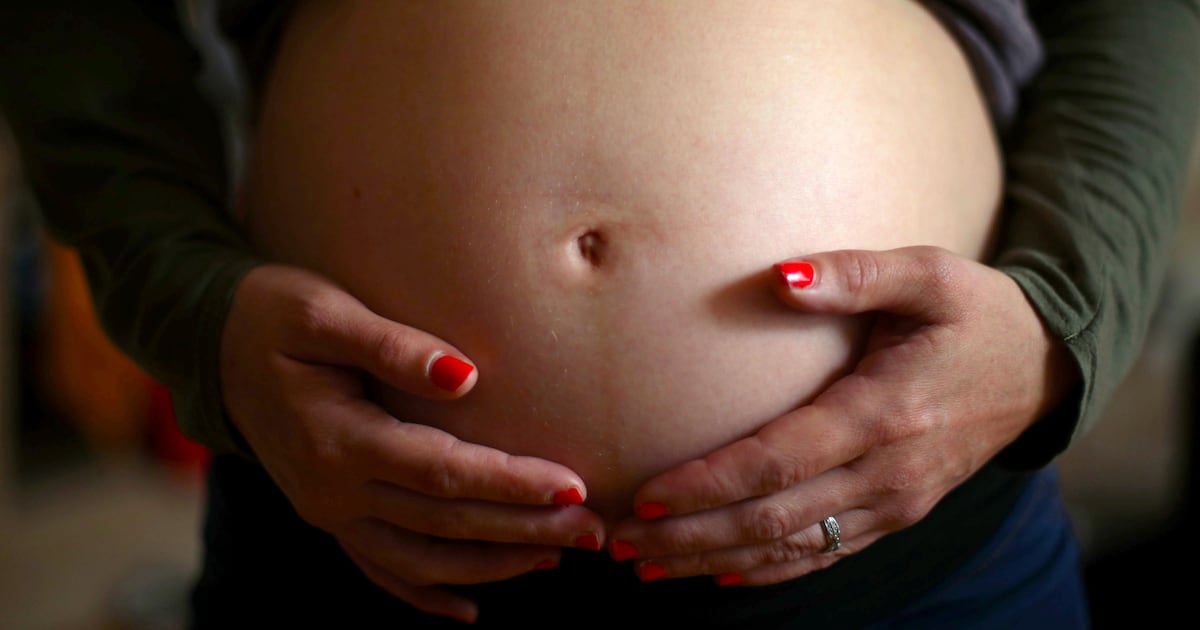I heard recently there’s an inquiry into sodium valproate, what’s this about?
The inquiry relates to the historical licensing and use of the anti-epileptic drug sodium valproate, or Epilim, for women of childbearing age.
Despite studies since the late 1980s that showed significantly increased risks foetal malformations where pregnant women took this drug, women of childbearing age were not warned until recent years.
Why are the risks associated with it?
Foetal valproate spectrum (FVS) disorder is caused by exposure in the womb to valproic acid, which is the key ingredient in sodium valproate.
FVS is characterised by distinct deep-set facial features, physical malformations, developmental delay and autism, and can mean lifelong care.
Is it a wide-scale issue?
A 2021 report published in the Irish Medical Journal, based on Irish birth data from 1975 to 2015, suggests that 3,126 babies were potentially exposed to valproic acid in-utero in that time period. Of these, 873 were born between 2000 and 2015.
Between 153 and 341 babies may have experienced some form of major congenital malformation from 1975 to 2015, the study said, while 1,250 may have experienced some form of neurodevelopmental delay during this time period.
Is this a problem only in Ireland?
No. Inquiries on the drug have already taken place in other countries, including in France and in Britain.
So when did the inquiry start?
It has been a long journey. Affected families have been calling for an inquiry to find out who knew what and when about the drug since 2019.
In 2020, then minister for health Stephen Donnelly announced his commitment to holding an inquiry into the historical licensing and use of Epilim in Ireland. Terms of reference were accepted by families in late 2022.
In June 2024, barrister Bríd O’Flaherty was appointed as chairwoman of the inquiry. But it was a year later, in July 2025, before the inquiry began its work.
So what is it going to look at?
It will involve three distinct phases, and the Department of Health expects it will spend 12 to 18 months conducting an “independent, fair and rigorous process”.
The first phase will establish a timeline for the use of sodium valproate in women of childbearing potential in the State, including information on regulation, prescribing, dispensing and safety information issued.
The second phase will focus on oral statements from people diagnosed with FVSD, their mothers and other family members.
The final strand will assess the health service’s capacity to respond to safety issues related to the use of anti-seizure medications in women of child-bearing potential.
Will there be a redress scheme?
That still remains to be seen. However, Donnelly previously said the Government must “absolutely be open” to establishing a redress scheme if an inquiry into the historical licensing and use of an anti-epilepsy drug among pregnant women finds “systemic issues”.

